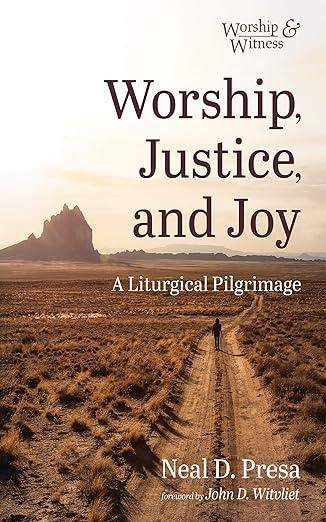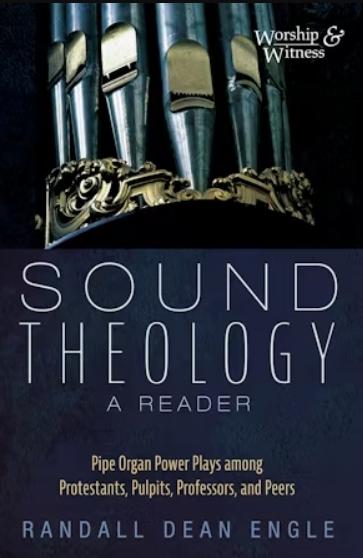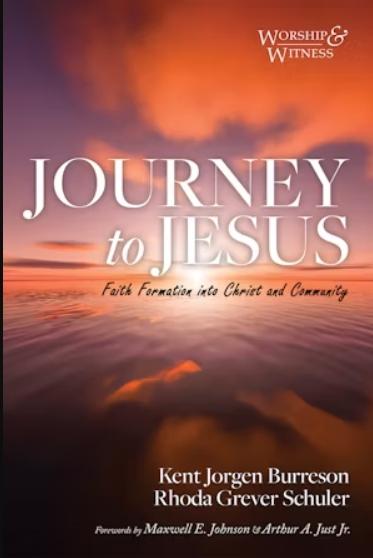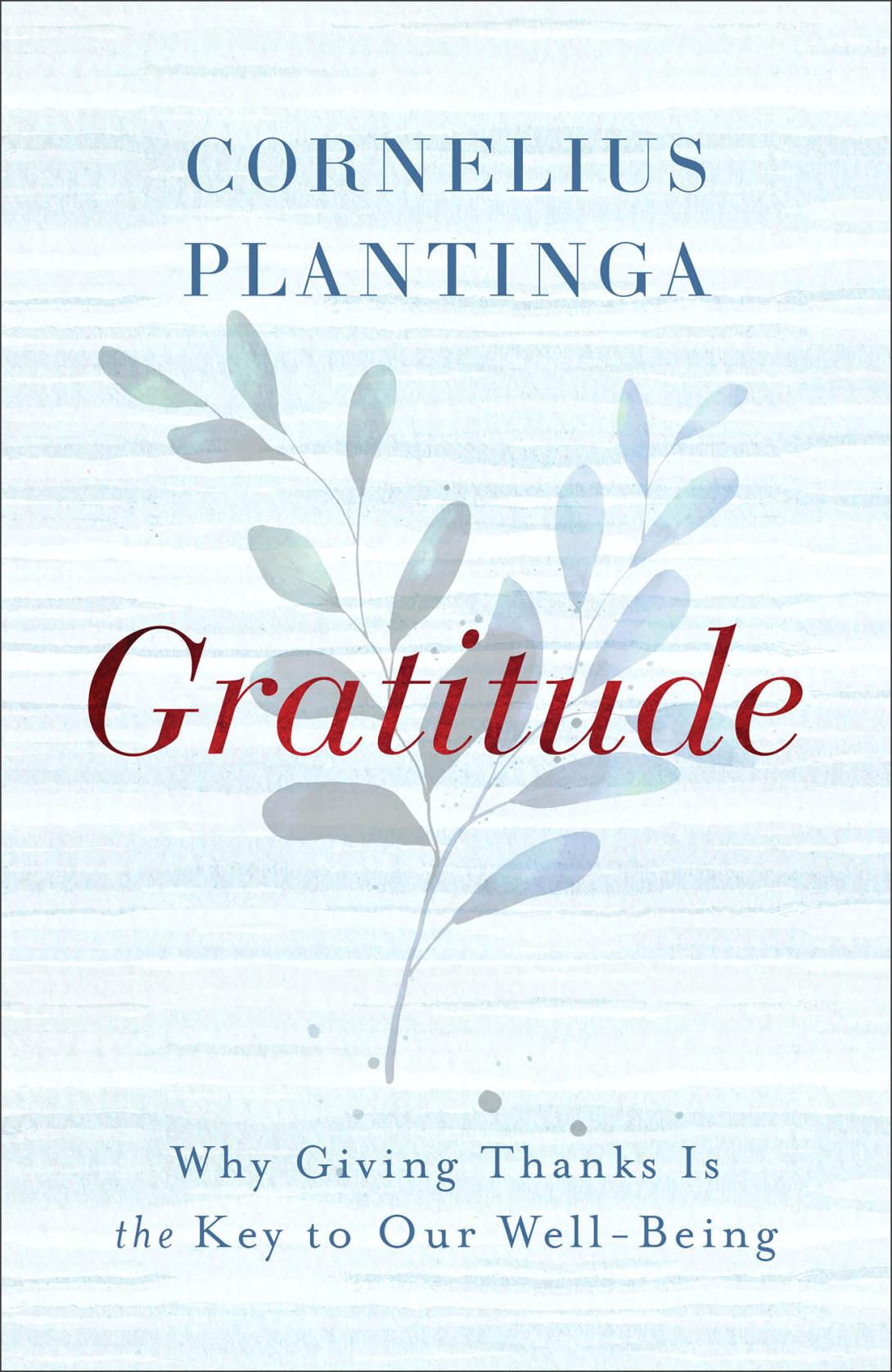Book Details
Este libro fue originalmente pensado para ser el libro de texto de un programa de maestría. Se divide en dos partes principales: La guía de estudio y luego una antología. En la guia de estudio se encuentran una serie de principios para la preparación de sermones expositivos en sus diversas modalidades, desde un texto hasta pasajes completos y estudios doctrinales y pastorales. Se incluyen modelos de la predicación expositiva. Se ha seguido de cerca a Orlando Costas y su libro sobre la predicación en un contexto caribeño y latinoamericano.
En la Antología se encuentra una mina rica en artículos que van desde una breve historia de la predicación, hasta consejos y pautas de algunos de los maestros en el arte homilético al través de la historia, sermones modelo de grandes predicadores en la historia (desde Crisóstomo hasta Calvino, Spurgeon, Arrastía, René Padilla, Salatiel Palomino, John Stott, Lloyd Jones, y otros), guías para exégesis y estudio del texto bíblico, etc.
Agradecemos al editor original, LOGOI Ministries, por proporcionar este libro y otros recursos de forma gratuita.
Recent Publications
Worship, Justice, and Joy: A Liturgical Pilgrimage
By: Neal D. Presa
This book connects the pilgrimage of life and faith to parallel movements of worship as communities gather to hear, read, proclaim, receive, and witness to the word of God.
Sound Theology: A Reader
By: Randall Dean Engle
This book brings to life in English for the first-time primary, curated sources associated with the pipe organ controversy in the Netherlands during the Reformation.
Journey to Jesus
By: Rhoda Grever Schuler , Kent Jorgen Burreson
When many Christian congregations are asking, "How can we draw new members into our midst?" the authors reframe the question: "How can congregations make new disciples and deepen the faith of long-time Christians?"
Worship, Justice, and Joy: A Liturgical Pilgrimage
By: Neal D. Presa
This book connects the pilgrimage of life and faith to parallel movements of worship as communities gather to hear, read, proclaim, receive, and witness to the word of God.
Sound Theology: A Reader
By: Randall Dean Engle
This book brings to life in English for the first-time primary, curated sources associated with the pipe organ controversy in the Netherlands during the Reformation.
Journey to Jesus
By: Rhoda Grever Schuler , Kent Jorgen Burreson
When many Christian congregations are asking, "How can we draw new members into our midst?" the authors reframe the question: "How can congregations make new disciples and deepen the faith of long-time Christians?"
Gratitude: Why Giving Thanks Is the Key to Our Well-Being
By: Cornelius Plantinga, Jr.
In Gratitude, award-winning author Cornelius Plantinga explores these questions and more. Celebrating the role of gratitude in our lives, Plantinga makes the case that it is the very key to understanding our relationships with one another, the world around us, and God.




